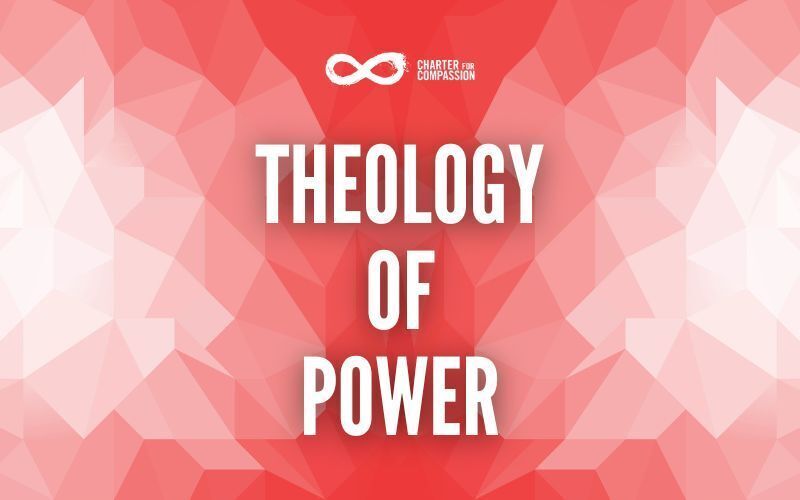
The Charter for Compassion Team just spent the last few weeks pulling together our 2022 Impact Report. After putting the finishing touches on it yesterday, I wrote a letter that will be published along with the report. I decided I wanted to share that with you here before we release the report in the next week or so. It is a bit of history and a big slice of hope for the future. Thanks for making it all happen.
Dear Friends,
Reporting on Karen Armstrong's 2009 TED prize award, the Washington Post remarked that her idea was going to be the start of a new theology of power, which was based on the Golden Rule. When Amin Hashwani, a business executive and activist in Pakistan, and now a Charter for Compassion Board of Trustee, heard Karen Armstrong's TED Talk, it stopped him in his tracks. In her talk, Armstrong describes how compassion is more than a nice idea — it is a trait that enables humanity to flourish. This deeply resonated with him. "In 2011, Hashwani founded the Compassionate School Network, a program to train schools and educators to build student skills in compassion. The network is expected to reach one million students in the next decade. fostering a new generation of leaders with empathy.
There are a thousand more stories speaking to compassion in action that are the result of Karen Armstrong's TED talk. In fact, some of these stories are highlighted in our new Grassroots Wisdom Book referred to in this report. While I'm not certain precisely what the Washington Post meant when it spoke to a new theology of power, or whether Karen Armstrong anticipated what would evolve from her wish to launch a Charter for Compassion, I do know that as an organization, we have embraced our capacity to influence a transition in the world. Part of the power of the Charter for Compassion is the document itself, which speaks to how we must seek a deeper meaning in life and challenges us all to build a better world. The other part of that power is our commitment to get our hands dirty and rebuild, invent solutions, and address the needs of our community initiatives around the world.
In a little over a decade since the Charter for Compassion's initial launch, we have become visible to many people on the world's stage. However, in a world of about eight billion, we have our work cut out for us, and we realize that it is an immense task. Our work is to bring people together on a local level to help respond to obvious issues that must be addressed. It is to build coalitions among people in a community to such an extent that listening to each other and acting together collaboratively becomes common. It is to reach every child and adult through education programs that recognize the importance of social-emotional learning and compassion. It is to recognize culture and tradition alongside scientific advancement, especially in neuroscience. Lastly, but most importantly, is to create a culture of ambassadors in diplomatic service to the world. Our goals are ambitious and thoroughly necessary, practical and down-to-earth, and require each of us to think not only of ourselves but of others and to be in awe of and of service to the planet on which we live.
We are so thankful to each person and organization that gave of their time and finances, enabling us to keep us moving forward in our mission. You hear it so often, "We couldn't have done it without you." We are honored to say, "We are doing it because of you."
With much gratitude,
Marilyn Turkovich


